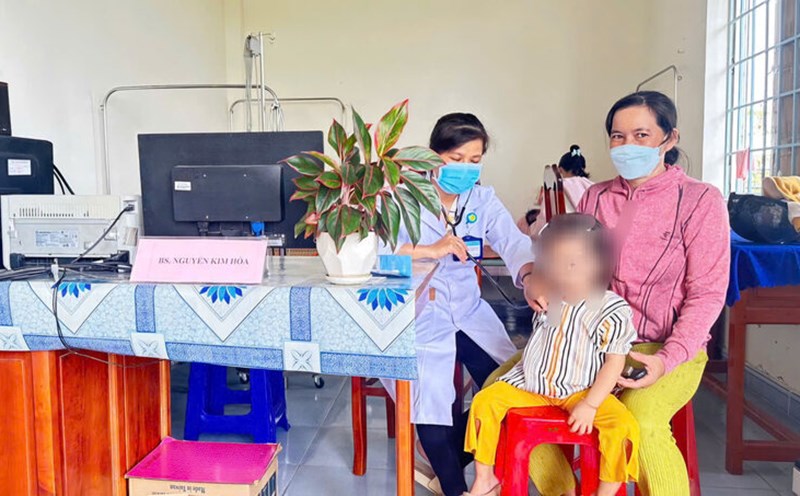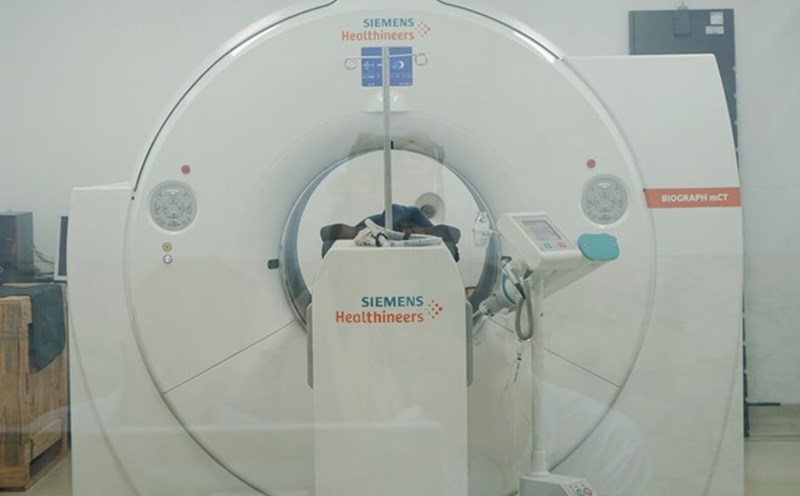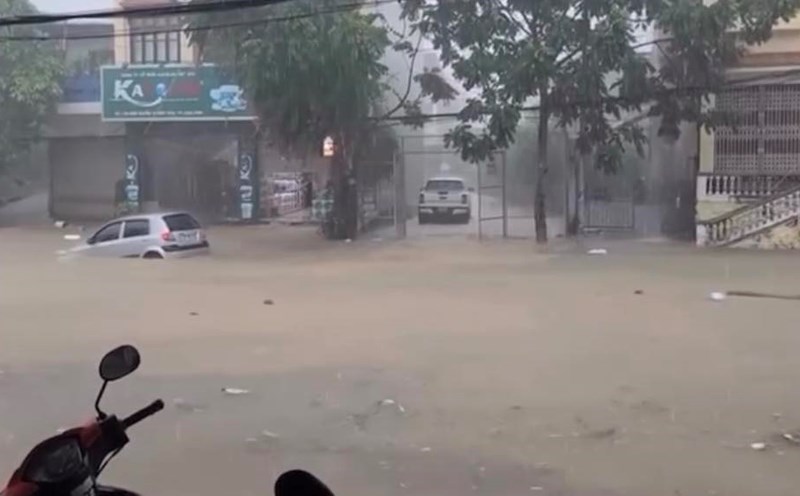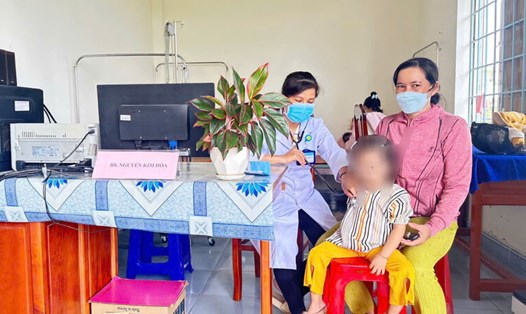100% of wards, communes and towns are eligible to declare the end of the measles epidemic
On June 20, the Ho Chi Minh City Department of Health said that the cumulative number of measles cases in the city by week 24 of 2025 was 9,599 cases, including 5,503 inpatient cases and 4,096 outpatient cases. Since the beginning of 2025, the number of measles cases in the city has decreased continuously. In the past week, only 33 new cases were recorded, down 53.8% compared to the average of the previous 4 weeks.
To date, 273/273 wards, communes and towns are eligible to declare the end of the measles epidemic. Of which, 228 wards, communes and towns have been issued decisions by the Ho Chi Minh City People's Committee to declare the epidemic end. The remaining 45 wards, communes and towns are completing procedures. This is a testament to effective epidemic control efforts at the grassroots level.
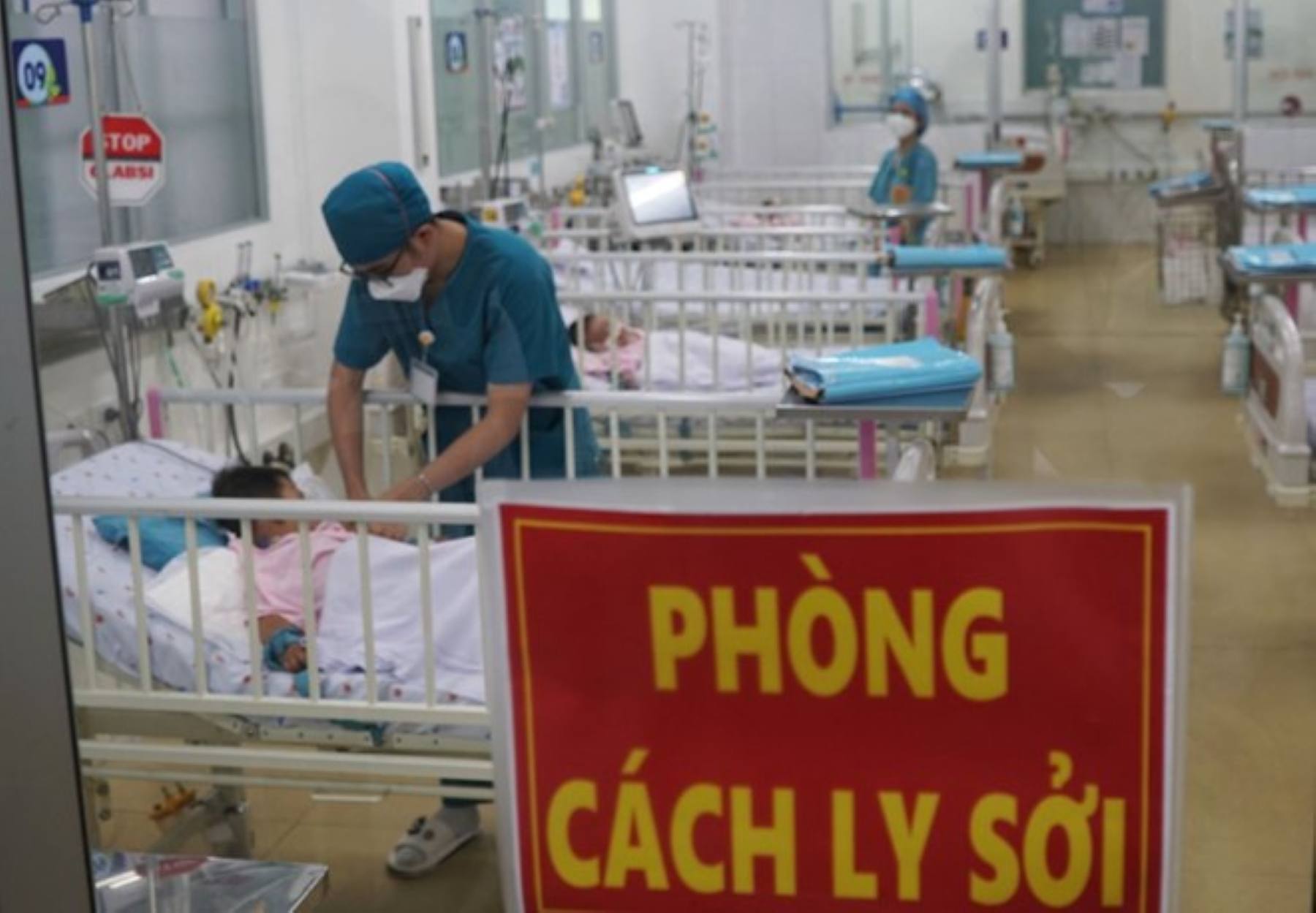
To achieve this result, the measles vaccination campaign for all children aged 1-10 in the area plays an important role. As of the end of March 2025, the city has vaccinated more than 280,000 doses, of which the 1-5 year old group reached 100%, the 6-10 year old group reached 99.5%.
Therefore, community immunity against measles has been restored and contributed to preventing the spread of the disease to those who are not qualified or have not been vaccinated in the community. Thereby, ending the measles epidemic in the city.
In parallel with the vaccination campaign, hospitals have seriously implemented measles prevention instructions. The Ministry of Health has sent a working group to inspect and provide professional support, ensuring good response to epidemic developments. Ho Chi Minh City is assessed by the leaders of the Ministry of Health as a typical locality in implementing a measles vaccination and control campaign.
The risk of the epidemic returning is always present
The Ho Chi Minh City Department of Health emphasized that although the measles epidemic situation has been completely controlled, the risk of the epidemic returning is always present if epidemic prevention is not strictly maintained.
A new case, a small outbreak can quickly spread in a community with new arrivals who are not immune, if not detected and treated promptly.
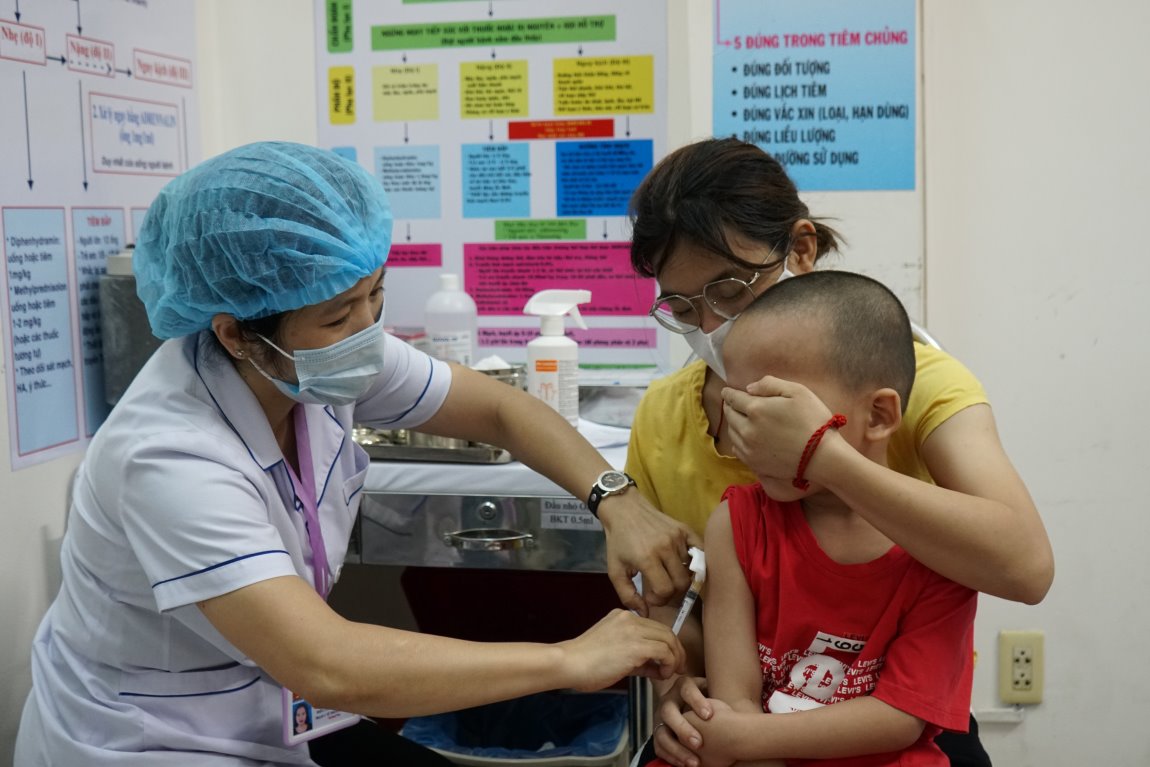
Therefore, the city's health sector continues to proactively and uninterruptedly implement measles prevention activities.
In particular, maintaining strict epidemiological monitoring, increasing early detection of cases in communities, schools, and medical facilities, especially in areas with highly mobile populations. Continue to vaccinate against measles according to the schedule for groups of children up to the vaccination age; compensate for groups of children who have not been vaccinated, have not been vaccinated enough according to the expanded immunization schedule; encourage children and adults with immunity to proactively vaccinate against measles.
Strengthen communication and health education, emphasizing the role of adequate and timely vaccination. Coordinate with other sectors and mobilize people's participation in disease prevention.
The health sector recommends that parents proactively get their children fully vaccinated against the disease, on schedule. When children show signs of rash fever, cough, runny nose... they need to be taken to a medical facility for timely examination and treatment to avoid dangerous complications.

